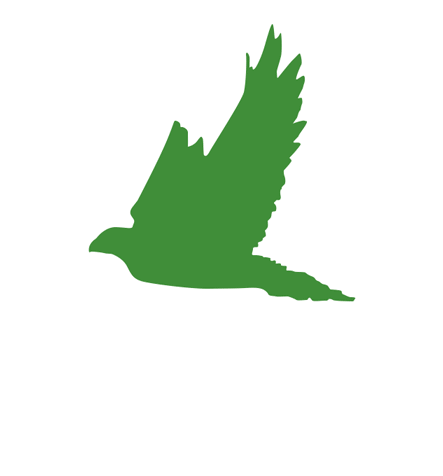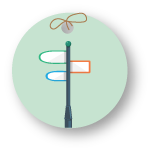•More than 1,000 delegates expected to attend 13th Meeting of the Conference of the Contracting Parties to the Ramsar Convention on Wetlands (COP13)
•UAE has seven wetlands of international importance (Ramsar sites) including Ras Al Khor Wildlife Sanctuary and Wadi Wurayah National Park
The UAE Ministry of Climate Change and Environment will host the 13th Meeting of the Conference of the Contracting Parties to the Ramsar Convention on Wetlands (COP13) in Dubai from October 21 to 29, 2018, amid the UAE’s leading efforts in environmental protection and biodiversity conservation.
The Ramsar Convention is an intergovernmental environmental treaty established in 1971. The treaty provides for national action and international cooperation regarding the conservation of wetlands and wide sustainable use of their resources.
Themed ‘Wetlands for a Sustainable Urban Future’ and sponsored by Dubai Municipality, the upcoming 13th meeting of the countries that have adhered to the Convention will review progress in implementation of the treaty, examine best practices for wetland management and discuss a range of ongoing and emerging environmental issues. More than 1,000 delegates representing governments and non-governmental organizations and academics will assemble in Dubai for the nine-day conference.
Speaking on the development, His Excellency Dr Thani bin Ahmed Al Zeyoudi, Minister of Climate Change and Environment, said: “The founding father of the UAE, late Sheikh Zayed bin Sultan Al Nahyan was celebrated around the world for his love of nature and conservation, which has since inspired many environmental projects underway in the nation. The need for an event such as COP13 is particularly relevant today as countries worldwide grapple with a sharp decline in biodiversity due to growing urbanization and increased pressure on the land as well as due to climate change.”
For her part, Martha Rojas Urrego, Secretary General of the Ramsar Convention on Wetlands, said: “The stakes could not be higher for this meeting. Wetlands are being lost faster than any other ecosystem. Yet they are among the richest of ecosystems and provide vital benefits to people, such as the provision of fresh water, food and protection from disasters. Wetlands are essential to achieving the ambition of the 2030 Sustainable Development Agenda and to countries’ efforts to combat and adapt to climate change. COP13 will provide a critical opportunity for the 170 contracting parties and the diverse range of stakeholders represented to mobilize the needed action to reverse wetlands loss and ensure that they contribute to sustainable development across the globe.”
His Excellency Dawood Al Hajiri, Director General of Dubai Municipality, which is the main sponsor of the conference, said: “Developing a happy and sustainable city is Dubai Municipality’s vision, and part of that mandate includes ensuring our environment and its inhabitants are protected. Our wetland ecosystems are some of the most diverse and unique in the world, despite our country being situated in an arid region. We are proud to host this significant event and to be instrumental in driving change in the conservation of wetlands.
“Dubai will serve as an excellent host city given its commitment to the conservation and the wise use of wetlands. Ras Al Khor Wildlife Sanctuary, located at the heart of the city, is a living example of a well-sustained urban wetland and a proof that the conservation of natural habitat can be reconciled with the fast-paced urbanization seen in Dubai.”
The UAE joined and ratified the Ramsar Convention 11 years ago, and has seven Ramsar wetland sites of international importance: Ras Al Khor Wildlife Sanctuary, Wadi Wurayah National Park in Fujairah, Mangrove and Alhafeya Protected Area in Khor Kalba, Sir Bu Nair Island Protected Area in Sharjah, Al Wathba Wetland Reserve, Bul Syayeef Marine Protected Area in Abu Dhabi, and Al Zorah Protected Area in Ajman.
Wadi Wurayah has lately received global acclaim following its inclusion in the UNESCO Biosphere Reserve list in July 2018. The status is awarded to protected areas that demonstrate a balanced relationship between people and nature, while encouraging sustainable development.
The Fujairah wadi’s pools, streams and waterfalls support a rich variety of wildlife that includes the Omani owl and the Urothemis thomasi dragonfly.

 Nearby Happiness center
Nearby Happiness center  Converting PDF files to accessible HTML
Converting PDF files to accessible HTML Probelm Opening files?
Probelm Opening files? knowledge Center
knowledge Center MS Word, MS Excel,PDF Files
MS Word, MS Excel,PDF Files e-Services
e-Services Service Directory
Service Directory  Change Screen Resolution
Change Screen Resolution Find Information
Find Information